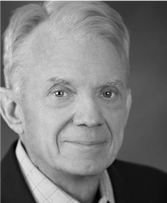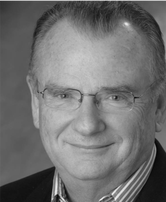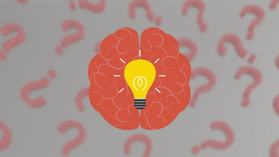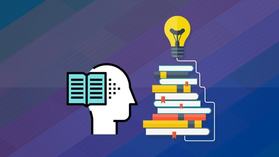Goal setting theory refers to the impact that setting goals can have on your chances of success. The theory submits that there is a link between how we go about setting our goals and subsequent outcomes.
Locke and Latham have built and refined the theory over the last five decades using over 40,000 participants across 88 different tasks and 7 countries. The experiments involved both laboratory and real world settings. The experiments also tested goals that were assigned, self-established, and set in cooperation with others.
Some Key Findings
Understandably the above only skims the surface of what Locke and Latham have discovered over the last 50 years. The article below goes more in depth by explaining, among other things, the role of emotion, the biological basis for goal setting, and the difference between intrinsic and achievement motivation.
Locke and Latham have built and refined the theory over the last five decades using over 40,000 participants across 88 different tasks and 7 countries. The experiments involved both laboratory and real world settings. The experiments also tested goals that were assigned, self-established, and set in cooperation with others.
Some Key Findings
- If you do not have the skills or knowledge required then you need to first establish a 'learning goal'.
- Learning goals that encourage exploration, mastery, and use a "do your best" strategy are more effective than alternatives.
- If you already have the skills/knowledge necessary then setting a specific, challenging 'performance goal' will lead to higher levels of achievement.
- Other items that can influence your chances of success include feedback, persistence, and situational factors (weather, equipment, access to facilities, etc.)
- Assigned goals are as effective as self-established goals if the rationale or logic of needing to pursue the goal is provided. Otherwise assigned goals are less likely to be achieved.
- Setting short term (proximal) goals in support of attaining a larger long term (distal) goal is critical in the pursuit of multiple goals.
- People will cheat or exaggerate when the wrong incentives are provided or the penalty for failure is high.
Understandably the above only skims the surface of what Locke and Latham have discovered over the last 50 years. The article below goes more in depth by explaining, among other things, the role of emotion, the biological basis for goal setting, and the difference between intrinsic and achievement motivation.
References
Locke, E. A., & Latham, G. P. (2019). The development of goal setting theory: A half century retrospective. Motivation Science, 5(2), 93.
Resources
| locke_latham_2019_the_development_of_goal_setting_theory_50_years.pdf |







